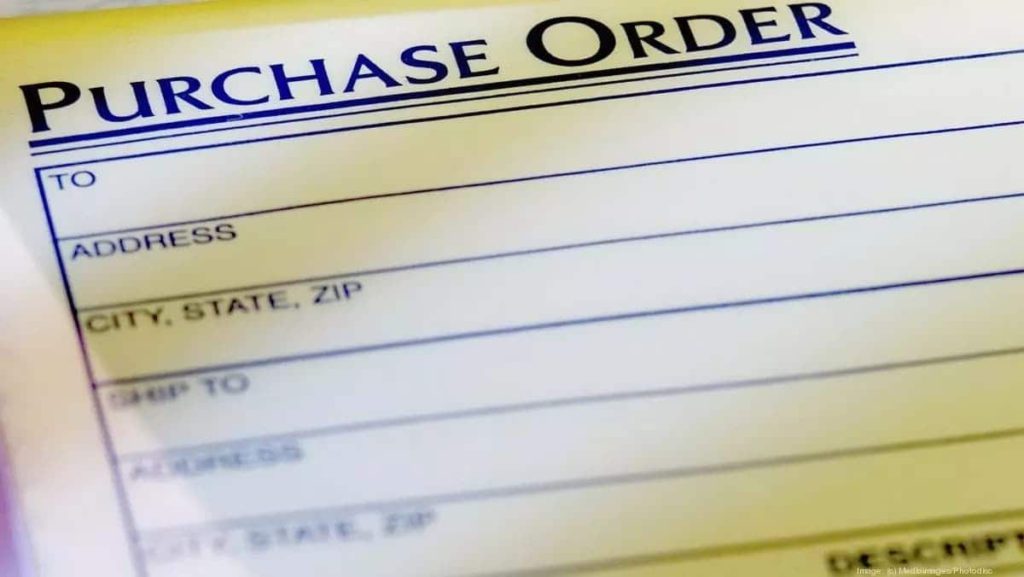To make the transaction between a seller and buyer valid, there are several documents involved. One of these documents is the Local Purchase Order.
This document is prepared by the buyer to show the seller the products he or she intends to buy. In short, this document aims to provide coverage for the seller against any form of incurring losses.
In this article, we will explain explicitly what local purchase order is, and every other thing you should know.

What is Local Purchase Order (LPO)?
In Accounting, LPO, or Local Purchase Order, is a buyer-issued document specifying products, quantities, and agreed prices. It outlines the seller’s commitment to providing goods or services within national or local boundaries.
In most cases, the seller will issue what we call a “quotation” to the buyer for the supply of the goods. On acceptance of the quotation by the buyer, he or she will then issue a purchase order based on the quote.
Types of Local Purchase Orders (LPO)
There are 4 major types of purchase orders. Check them out below:
1. Standard Purchase Order
This type of purchase order is issued when the buyer is pretty much sure about the order details such as the date.
For example, a Tech company in Lagos plans to buy 50 computers for N5 million from a supplier. They want the order delivered in a month. To make it official, the company needs to send a standard purchase order, turning it into a legal document.
Contract Purchase Order
In business, we use the Contract Purchase Order when your business needs a product at different times. In most cases, you can only use this document for a year. This is because it is intended to be used for a specific period.
Blanket Purchase Order
Businesses leverage this document when they know the product to purchase, but do not know in what quantity. In addition, they also use it when they are uncertain of when to use the product.
Planned Purchase Order
PPO stands for a legal document. It is used when we don’t know the delivery date of a product, but we know other important information.
Learn More – Certificate of Deposit
Contents of a Local Purchase Order (LPO)
A sample of a Local Purchase Order (LPO) must contain the following:
- The buyer or company’s name
- Purchase order date
- Vendor number
- Purchase order number
- The quantity of product
- Product to be delivered.
- Price per unit of product
- Product delivery date
- The terms of payment
- Billing address
- Location the product is to be delivered.
Importance of Local Purchase Order
- The LPO helps businesses to facilitate the proper preparation of some business documents. You get a statement of account. It helps check how well your business is doing financially.
- It helps you track what you buy. This is useful because it prevents buying the same thing again.
- As a business owner, the LPO will help you manage your business inventory accurately. Mainly because you have a record of all your purchases in a standardized manner.
- The LPO serves as a binding document. This protects you from future disagreements about your purchase.
- It facilitates a cordial relationship between you and the seller. This is because disagreement is reduced to the barest minimum.
Read Also – How To Start Dropshipping in Nigeria
FAQs
What is the LPO payment term?
LPO financing lasts up to 90 days. You can renew it for 60 more days after it ends.
What are LPO and LSO in procurement?
LSO and LPO are often used interchangeably in procurement, albeit with subtle distinctions. LPO financing means giving immediate cash to help sellers and buyers make contracts. While LSO primarily centers on endorsing the successful fulfillment of a specified purchase.
What is a Local Service Order?
A Local Service Order is a document used by telecommunications companies to initiate the installation, change, or discontinuation of a local service for a customer. It details the specific services requested, the location for the service, and any relevant customer information needed to fulfill the order.
Conclusion
The advantages of a Local Purchase Order (LPO) are numerous. It is a document every business owner must leverage during transactions. If your business doesn’t use one, now is the best time to start.
